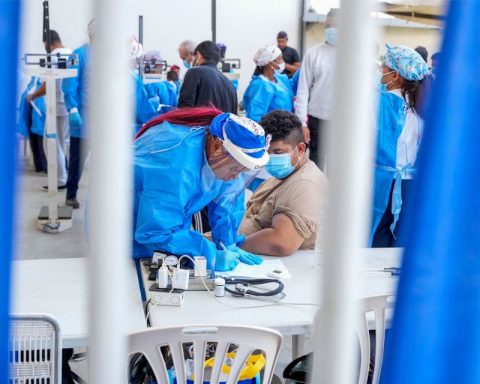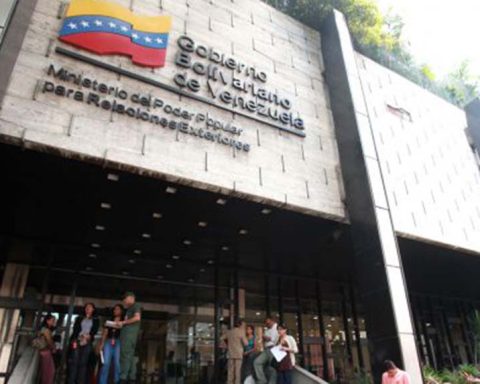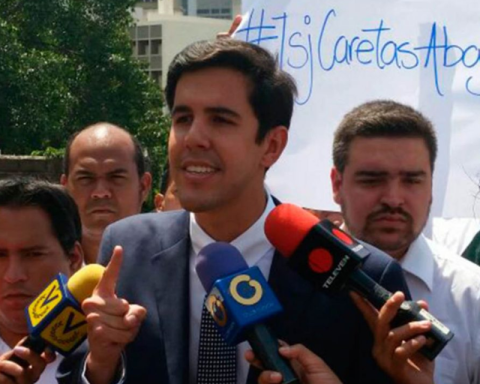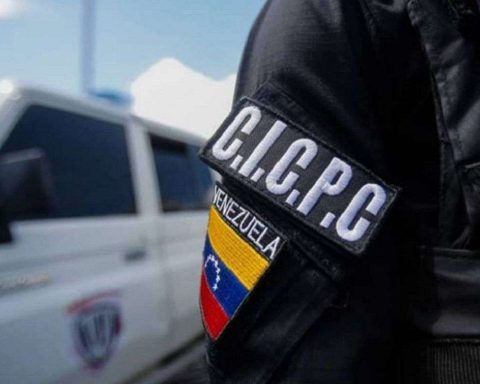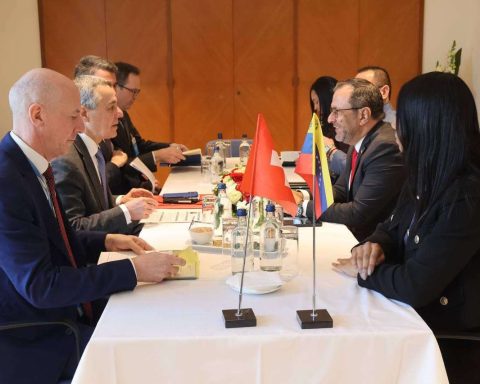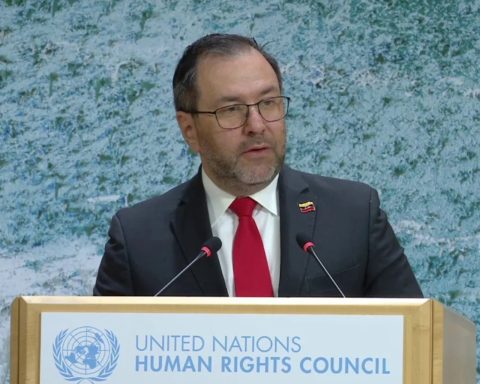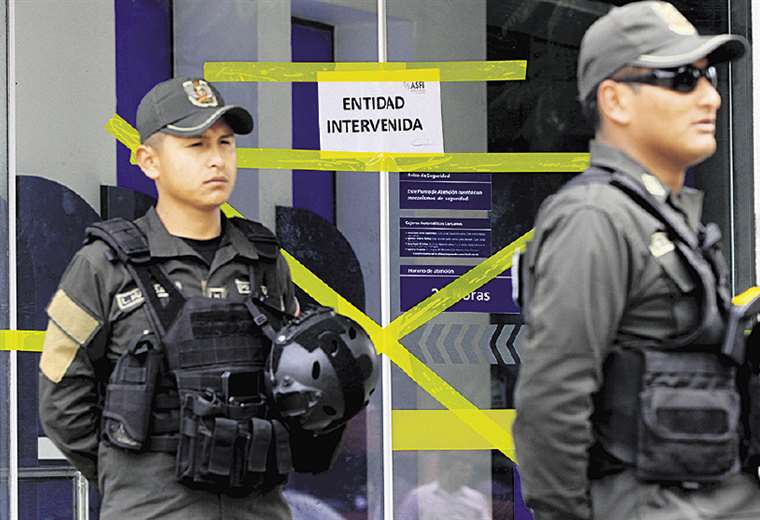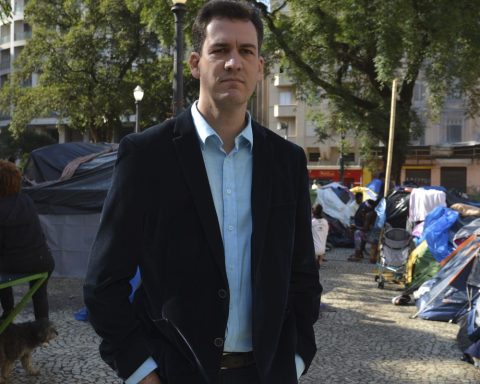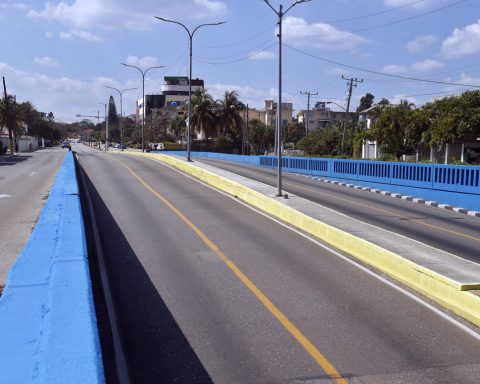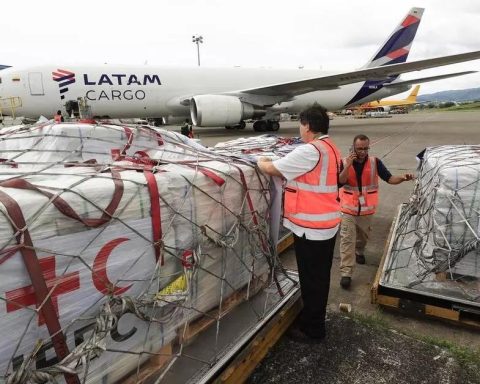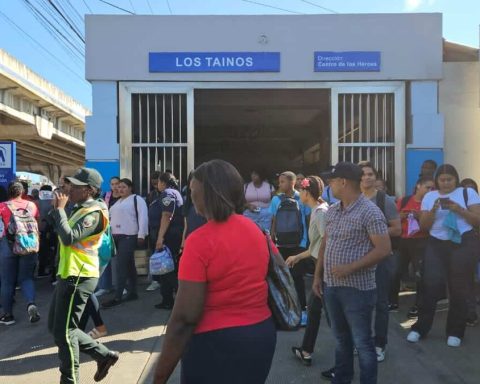In recent months, the role of NGOs in Venezuela has been much discussed and questioned, and it is that according to the member of the Permanent Commission for Integral Social Development, deputy Diosdado Cabello, in “the country there are 62 NGOs and none have a social purpose. but political, which is contrary to the laws of the Republic.”
In this regard, Deputy Julio Chávez reiterated several weeks ago that some of these organizations have been identified, both inside and outside the country, that operate “to generate destabilization.”
Likewise, he denounced that the NGO, called Sipas, “does intelligence work to characterize and capture Venezuelan migration at the border and incorporate it into the destabilization tasks of the country,” he stressed.
He added that “the serious thing about this NGO, Sipas, is that it is linked to Mr. Julio Borges, and also to a direct line with the Central Intelligence of the United States of America, CIA.”
Although it is true that, through their work, NGOs can influence public policy decisions and the national development agenda to help strengthen the rights and care of citizens, the work of some of these organizations , according to what was expressed by the deputies, seems to have been misrepresented for merely political purposes, thus distorting the true role of NGOs.
The fake NGOs. In addition, there appear to be some of these organizations that use charity as a front for illegal activities or that take advantage of the goodwill of individuals to deceitfully obtain money. One of these cases was registered in 2019, on the Colombian-Venezuelan border, when some of these organizations allegedly appropriated the resources that were sent to help Venezuelan migrants, as stated by Jorge Rodríguez, who was minister at the time. of Communication and Information.
“They create false NGOs to be able to channel all these resources and also when they get some kind of deposit that belongs to Venezuela, to buy food, medicine, to operate on our children, then they transfer it to personal accounts.”
In this sense, Deputy Chávez stressed that “the actions of these NGOs must be investigated because they threaten the peace of the country.”
In the tidal wave of NGOs, foundations, and civil associations, legislators have detected that some NGOs appear to be more interested in receiving funding from groups with specific interests, rather than pursuing a truly legitimate social or environmental cause, among others.
Of the law on NGOs
Currently, within the National Assembly, there is a bill, approved in the first discussion, which seeks to regulate the operation of these organizations called the Law on Inspection, Regularization, Action and Financing of Non-Governmental and Related Organizations, whose The purpose is to supervise the operation of this type of institutions that make life in the country, a proposal widely supported by the majority of legislators, since some of these organizations seem to have a behavior that is far removed from their true functions, as was reiterated on one occasion. the president of the National Assembly, Jorge Rodríguez.
“NGOs are political parties and must apply to the Electoral Power to be recognized as organizations with political ends, and not as social aid institutions.”
For Rodríguez, NGOs are instruments used to attack the people and control natural resources without fulfilling their legal function, which is why he considers the need to regulate them “to preserve peace” in the country.
Something similar has happened with some civil associations, such as Primero Justicia, which became an opposition political party.
Given this scenario, then arises the requirement that the legislature approve in second discussion the aforementioned bill that establishes the mandatory registration of NGOs before the registries and notaries, according to its article 10.
The same bill also specifies that NGOs are required to declare their assets at the time of incorporation and once a year report to the competent authorities, among other requirements.
of financing
Some opposition actors have not welcomed the approval of the aforementioned project, and it is precisely because some of the institutions that finance these organizations were founded in the United States or depend on the Government of that country, such as the Agency for International Development (USAID) which according to that same institution “since fiscal year 2017, has provided more than $158 million in alleged humanitarian aid in Venezuela,” through alleged national and local impartial organizations, as well as to help the failed interim government, which clearly reveals the political interest of the alleged aid.
Meet the standards
On the other hand, it should be noted that there are also NGOs that are very attached to the principles and values on which they were built and do a good job, and that they also agree with the approval of the aforementioned project, and that those NGOs that are missing be denounced. to ethics. Thus, the representative of the NGO Master Mama, Rita Di Matiatt, dedicated to offering support to mothers during their breastfeeding phase, affirmed that “NGOs that threaten the stability and rights of a nation or its citizens must be denounced as everything that fails to comply with the rules and laws of a country”, he concluded.
Other countries that regulate NGOs
- United States: It is the pioneering country in the regulation of NGOs worldwide. The Foreign Agents Registration Act was promulgated in 1938, this law requires the registration of NGOs, the disclosure of their finances and establishes specific prohibitions on any activity carried out by any NGO.
- United Kingdom: NGOs in this country are regulated by the Charity Commission, which is responsible for supervising and regulating charities and non-profit organizations in the country. The Charity Commission sets the requirements for NGO registration, monitors their compliance with applicable laws and regulations, and reports directly to the UK Parliament.
- Brazil: NGOs in Brazil are regulated by the Non-Profit Organizations Law, which establishes the requirements for the creation of an NGO; Your registration also sets forth the reporting requirements. These are examples of regularization of NGOs in the world.
